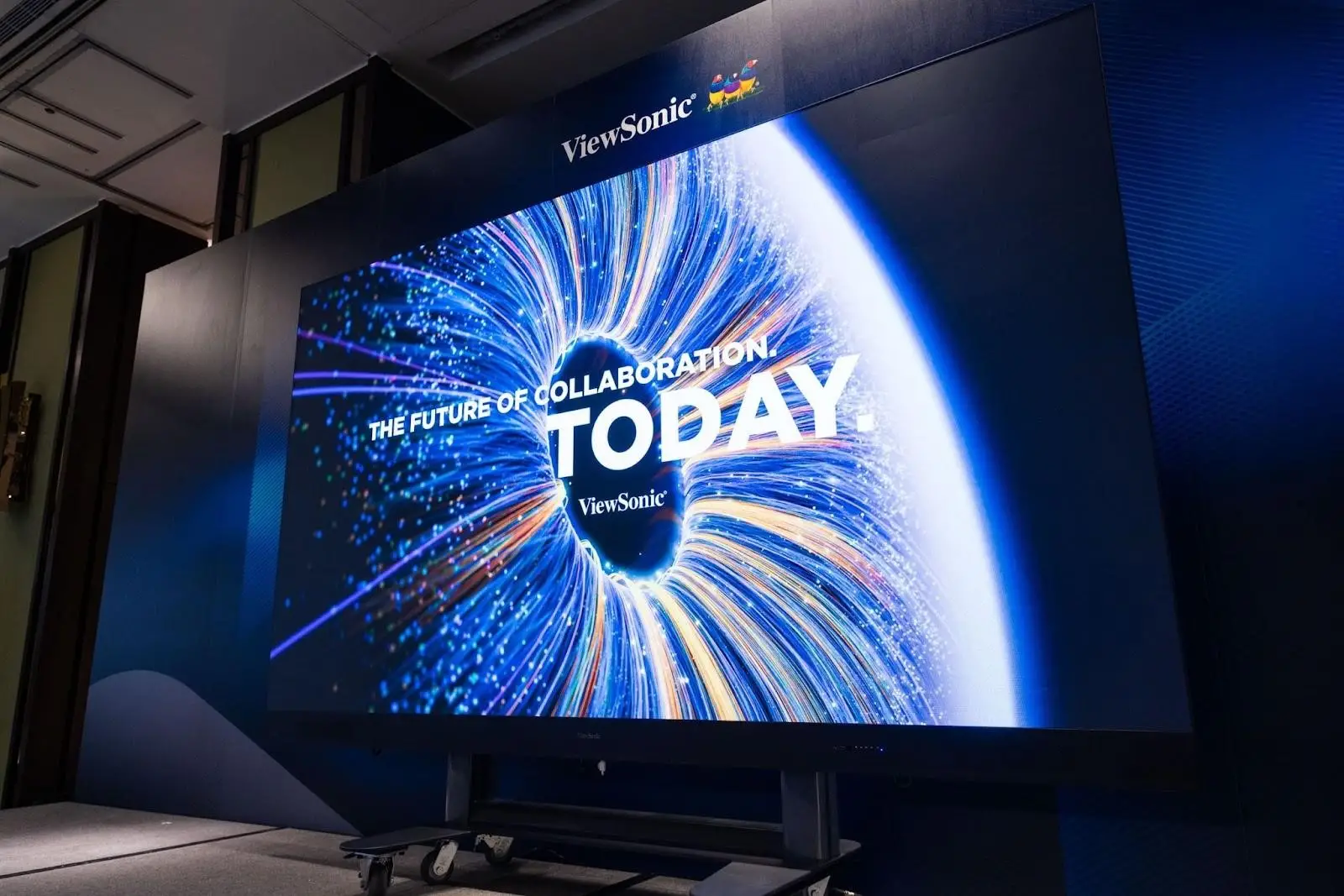Why Self-Education is Imperative in the Modern Era

Understanding the significance of self-education is crucial in a world where traditional credentials no longer guarantee success. The evolving job market demands individuals to differentiate themselves, and self-directed learning has emerged as a powerful means to stand out. There are a number of reasons why self-education can provide that necessary edge which is so crucial in this competitive job market, which will be explored in this article.
Credentials Are No Longer Enough:
The era when a college degree guaranteed a good job has faded. With an increasing number of college graduates, additional factors are now essential for securing employment.Simply put, the qualification itself is not enough, nor does it set apart candidates from one another. Instead, qualities such as demonstrating self-direction and motivation are now coming under greater acknowledgement too. One effective way to showcase these qualities is by sharing experiences of self-taught skills. In a sea of similar qualifications, a self-directed learner tends to capture attention.
Self-Education as the Ultimate Competitive Edge:
Contrary to fears of job automation, history shows that technological advancements create new opportunities. To seize these opportunities, individuals must possess the ability to teach themselves new skills. Traditional education is often too slow to keep pace with technological changes, making self-education a vital tool for staying relevant. We have seen the emergence of new jobs following the evolution of technology, particularly in the field of AI work. Understanding these new tools, wherein lessons are seldom given in a traditional setting, can give individuals an edge.
How best to start your self-education journey can seem like an overwhelming challenge, but with some consideration to methodology, an individual can establish a study plan which is best suited to them. It is important to note that self-education is a personalised journey, and that learning itself is diverse with different methods being suited to some and not others.
The following steps are a good framework for starting this journey.
Identify What You Want to Learn:
Define specific learning goals rather than vague aspirations. Whether it's learning to play an instrument or acquiring a new professional skill, clarity in objectives aids in tracking progress.
Determine How You Learn Best:
Understanding one's learning style is crucial. Whether through reading, watching videos, hands-on projects, or interaction with others, recognizing preferred learning methods enhances the effectiveness of self-education.
Start With the Right Learning Resources:
Utilize existing curricula and learning resources when starting a new subject. Tailor these resources to your needs, ensuring a solid foundation without missing key fundamentals.
Learn in Sprints:
Rather than creating a rigid learning plan, adopt a two-week sprint approach. Focus on specific aspects of a skill in short intervals, allowing for regular evaluation and adjustment of learning goals.
Practice Deliberately:
Deliberate practice involves setting specific intentions for each practice session, focusing ruthlessly on improvement. Putting in focused hours of deliberate practice is essential for skill development.
Use Spaced Repetition:
Spaced repetition aids in memorization by focusing on information that is challenging and requiring review right before forgetting it. Incorporating spaced repetition enhances the retention of information.
Assess Your Ability Regularly:
Objective assessments, whether through external critiques or self-recordings, provide a clear understanding of progress. Regular evaluations help in adjusting the learning approach if needed.
Self-Education FAQ:
Common questions about self-education are addressed:
How long does it take to learn a new skill?
The time required to learn a skill varies based on the desired proficiency level and the time invested in learning. Setting realistic goals is crucial.
What is just-in-time learning, and should I do it?
Just-in-time learning involves acquiring information as needed. It complements goal-oriented learning, providing efficiency and relevance in learning.
What should I learn?
Choosing what to learn depends on personal goals, interests, and career aspirations. Useful skills to learn can serve as a starting point for exploration.
What are the best learning resources?
The best learning resources depend on individual preferences and the subject matter. A variety of resources, from online courses to hands-on projects, can be effective.
The practical advantages of self-education are evident, however there is also an inherent joy in learning. Beyond career goals, self-education offers an exciting, immersive, and rewarding journey. Embracing self-education is not just a means to an end but a source of continuous enjoyment and personal growth.














